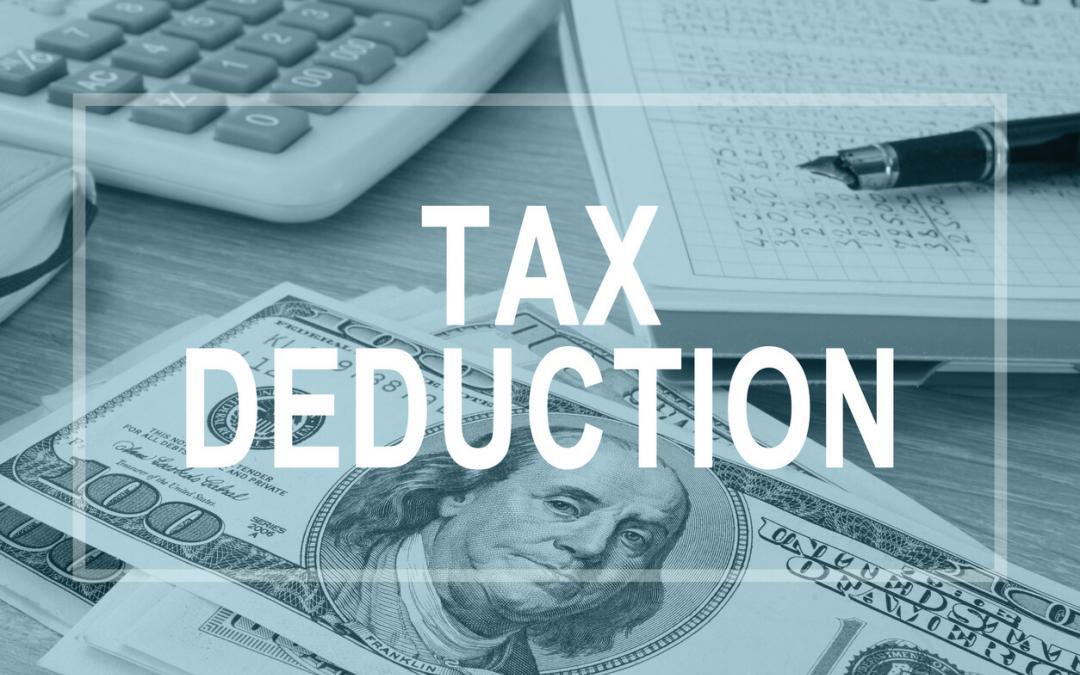From the desk of Shawna Aho, CEO of STAC Bizness Solutions.

As we’ve all started to put the COIVID-19 pandemic in the year-view mirror, life is starting to look a bit more normal these days. One example is the resurgence of travel. Pent up demand has made the Summer of 2022 one of the busiest vacation seasons on record for families, but the resurgence of travel is not limited to personal trips. After more than two years, business travel is also beginning to return to pre-pandemic levels.
For dental practice owners this means more opportunity to attend industry conferences and trade shows, travel for in-person continuing education, or make in-person trips to meet with their business advisors.
Just keep in mind that the IRS has strict rules when it comes to the finances for these trips; specifically what travel-related expenses qualify for tax deductions.
What Qualifies (and Doesn’t) as a Deductible Travel-Related Expense?
Let’s start with the most general IRS criteria:
Travel expenses must be ordinary and necessary.
They can’t be lavish, extravagant or for personal purposes.
On the surface, this seems straight-forward, and it is. The expenses must always be justified by a legitimate business (NOT PERSONAL) need.
Lavish? Admittedly, this is where things get a bit vague. After all, pop superstar’s interpretation of “lavish” is likely very different that yours or mine. However, some common sense goes a long way here. For example, the IRS doesn’t expect that you stay at a run-down motel in a crime-ridden part of town just to limit a deduction amount. On the other hand, does your conference stay really call for the penthouse suite at the Bellagio in Vagas, complete with a personal butler? You get the idea. As a dental practice owner, it’s your responsibility to use discretion given the specific circumstances.
Let’s look at a few specifics that the IRS qualifies as deductible travel-related expenses:
- Travel by airplane, train, bus or car between your home and your business destination.
- Fares for taxis or other types of transportation between an airport or train station to a hotel, from a hotel to a work location.
- Shipping of baggage and sample or display material between regular and temporary work locations.
- Using a personally owned car for business which can include an increase in mileage rates.
- Lodging and non-entertainment-related meals.
- Dry cleaning and laundry.
- Business calls and communication.
- Tips paid for services related to any of these expenses.
- Other similar ordinary and necessary expenses related to the business travel.
It’s an inclusive list. So, you should be confident that any legitimate and reasonable expense incurred to support your work-related travel are fair game for deduction… with this caveat: When in doubt, consult your tax advisor.
Before we leave this topic, it’s worth pointing out what NOT on the list. These are few examples of non-deductible expenses that, if recorded as a deductible expense, will surely raise the red flags with the IRS.
- Lavish expenses
- Personal entertainment
- Expenses for an accompanying family member or friend who is not an employee with your practice.
Documenting Deductible Expenses
As with everything related to your finances and taxes, keeping accurate records is critical. However, some dental practice owners are unaware of the specificity of records required to sufficiently support travel-related expenses.
According to the IRS:
You are required to document all the elements of the business entertainment expense in a timely manner. You should keep the information required in an account book, diary, or similar record. You must keep records of the entertainment to show:
- the person entertained and their connection with your business,
- the business purpose,
- the date, time, and place, and
- the cost of the expense.
In addition to recording the information in your account book, etc., receipts are required for all expenses of $75 or more.
Each receipt should include the date, place, person entertained, type of entertainment, business purpose, and business relationship.
No surprise, you can see there are very specific rules around what is considered an allowable business deduction and how those expenses must be documented. It can be a bit overwhelming when you are focusing on serving your patients and running other details of your practice. If you find you need support, we’re here to help!
The team at STAC Bizness Solutions is dedicated to provided top quality bookkeeping, payroll and advisory services to medical professionals within and outside of The Woodlands, TX area. If we can help you in any way, just call us 844-424-9637.
For a Limited Time, Get Our Free Guide: 7 Key Financial Practices That Separate Thriving, Growing Practices From The Rest.
LET US KNOW WHERE WE SHOULD WE SEND YOUR FREE GUIDE!
7 Key Financial Practices That Separate Thriving, Growing Practices From The Rest.

There’s no denying it. Creating a thriving practice is about much more than practicing medicine!
Topping the list of “other” priorities is your practice’s financial management. In this short guide, the experts at STAC Bizness Solutions outline 7 financial best practices that differentiate struggling practices from those which are highly profitable and experiencing healthy levels of growth.

